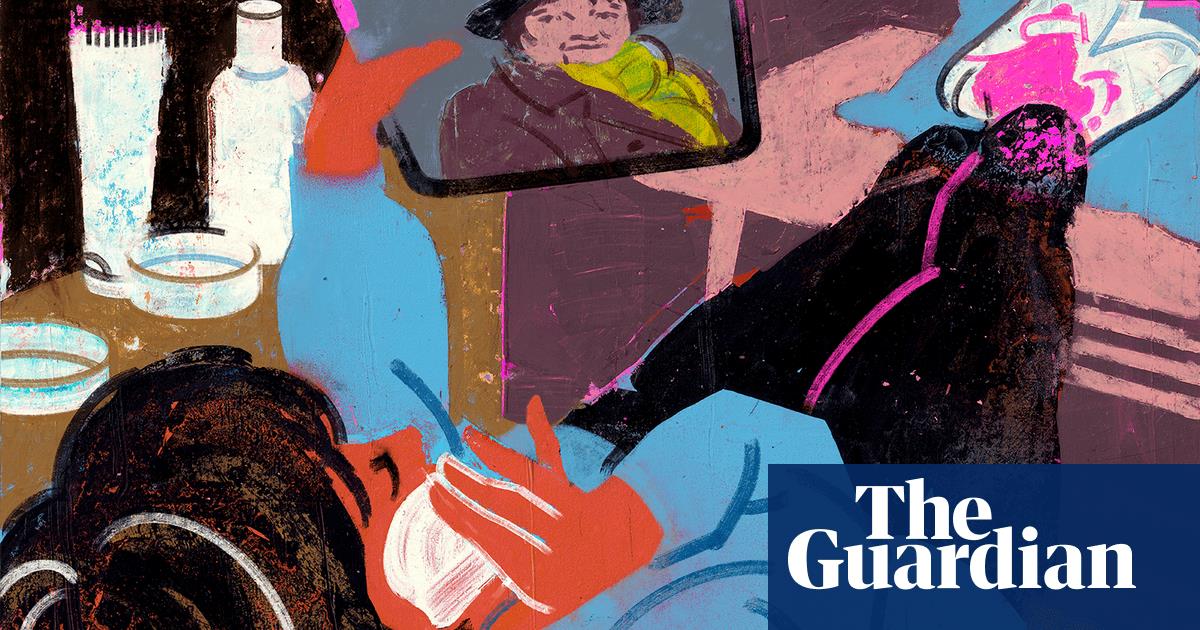
uring lockdown, I have found myself experiencing a peculiar nostalgia. With less cultural and social stimulation outside of my immediate environment, my mind feels unfettered. I have been flooded by memories of childhood, which I experience in a way that is almost tangible. The friendships that we form in the early years of our lives may not always endure, but they retain a psychological potency that follows us into adulthood.
Friendships between girls, particularly, can involve a possessiveness and – as well as a deep, complicit intimacy – a shared language, often of subtle rebellion, and a competitiveness that can manifest itself in cruelty.
The central friendship in Elena Ferrante’s Neapolitan novels has all these qualities – and it is the first literary (and now televisual) portrayal that I believe does female friendships justice. Some of the most important relationships in women’s lives are with other women. These relationships are often complex, fraught with emotion and, most importantly, unarticulated. They are, as Ferrante herself has said, “disorderly”. It is rare to see this in literature and on screen.
In the second series of My Brilliant Friend, which covers the same ground as the second novel in the quartet, The Story of a New Name, we see how Elena and Lila’s lives develop in their late teens and early 20s, as Lila enters and then leaves a violent marriage and Elena escapes their impoverished neighbourhood in Naples to go to university.
There is rivalry over a man – a poet’s son – but, as ever with Ferrante, this clash is about so much more than desire. Both young women crave the kind of intellectual life he offers, but don’t know to find it for themselves. Elena ultimately departs in order to seek it through education, while Lila is left reading Ulysses in a dusty playground with a baby in a pram, barely an adult herself.
The performances by the two lead actresses, Margherita Mazzucco (Elena) and Gaia Girace (Lila), enrich the writing. The way these women speak to one another is a language of secrets. The way they look at each other portrays a profound affinity that is deeply affecting. In one scene, Lila opens the door and holds up a bloody hand. The blood is from her uterus, because she is having a miscarriage, and she is smiling at her friend because she does not want to have the baby of the man who beats her and raped her on her wedding night. Later, we see Lila working in a salami factory full of bloody pig carcasses. The floor is coated in blood. The visual link is no coincidence.
The friendship between Elena and Lila offers a sort of refuge from patriarchy; it could even said to be autonomous from it, certainly in the sense that it defies male understanding and interpretation. “He doesn’t even want me to have a thought of my own,” says Lila of her husband. When she gives Elena her notebooks, she says: “These words are dangerous.” In that moment, the script could be from a war film and they could be resistance fighters. The world they inhabit is saturated with a patriarchy that sees women only in terms of ownership; battling to live in this could be called a war. Language offers a form of rebellion.
I agree with the Ferrante scholar Tiziana de Rogatis, who has contrasted how male and female friendships have been historically codified, as well as Ferrante herself, who wrote in her book Frantumaglia: “Friendship between women has been left without rules. Male rules haven’t been imposed on it and it’s still a territory with fragile codes where love (in Italian the word friendship – amicizia – is related to love, amare), by its nature, carries with it everything.”
Ferrante’s close involvement in the TV adaptation, plus the direction and performances, makes these sentiments shine from the screen. My Brilliant Friend is not the first TV series to portray female friendship, but it is revolutionary nonetheless. We are used to watching women who are very much alone in their pain – as in Fleabag and Normal People. We are much less used to seeing women experience and interpret that pain together. When we do see female friendships depicted, as Molly Fischer has noted, they often borrow “the vocabulary of intimacy from relationships”.
Some of the most nuanced portrayals of female friendship have been through comedy – I am thinking of Girls, Broad City and Sex and the City – but drama remains unchartered terrain, at least on TV (cinema seems to be ahead on this). Is it that commissioners think that interest in a central female friendship cannot be sustained over many seasons?
My Brilliant Friend has surely proved them wrong. It has offered some of the most moving moments of TV that I have experienced this year. There is a scene in which Elena looks around at the women in her neighbourhood. They are tired, downtrodden and angry. They have been deprived of education and the freedom it offers. There has been no escape.
For women, My Brilliant Friend shows us that which we know to be true about our relationships to one another, but have rarely seen depicted: that bloody hand; the covert, coded defiance of language; the dependence, the rivalry, the tenderness, the fear. For men, it is a secret revealed: this is how it is for us, as we try to find ways in which to live.
My Brilliant Friend concludes tonight, 10.10pm Sky Atlantic/NOW TV












